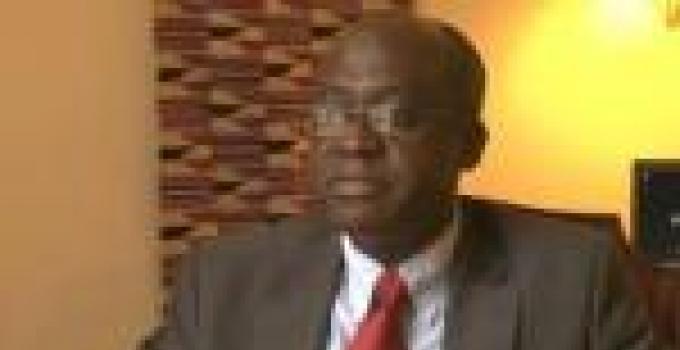Professor Peter Donkor, President, Ghana Cleft Foundation, has called for a national dialogue to develop a coherent approach to manage Cleft Lip and Palate (CLP) condition.
According to him, the lack of such approach has led to the condemnation of many children and adults to early death or a stigmatized existence.
Prof Donkor was speaking at the first national conference on CLP on the theme, “Developing standards for Cleft care in Ghana; opportunities and strategies”, in Accra.
The conference brought together Ghanaian experts and Non governmental Organisations to network, share ideas, advocate for quality care, develop public education strategies and collaborate for the benefit patients.
He called for the creation of a national association to be called “Ghana Cleft Palate/Craniofacial Association(GHACPA)” to provide leadership and united voice on cleft issues.
“GHACPA should spearheard research to provide the evidence for practice. It would partner the Ministry of Health to set standards for provider training and certification as well as guidelines for facility-based and outreach services.”
According to him,”As Ghanaian experts in cleft care, so much is expected of us. We must take the lead and build a sustainable cleft service for this nation where children will not have to cross the length and breath of the country seeking care. This is our charge and we cannot disappoint.”
He described the condition of CLP patients as dire and pathetic in the immediate past and present.
“These are mostly very poor families moving from one practitioner to the other in the then cash and carry health sector.
Many times, I had to meet relatives and beg them to keep the new born child with CLP alive, not to expel the mother and child from the marital home, give money for food supplements for children who could not breastfeed, give money for medications and transport to attend review.”
He thanked MTN foundation, Vodafone Foundation, Unibank and others for their commitment to the cause of cleft care in Ghana.
Mrs Ekewuko Obi, a representative of Smile Train, pledged the group’s finances, equipment, research and expertise to the cause of CLP on Ghana.
She called for collaboration between the Foundation, Ministry of Health and the Ghana Education Service to identify children with CLP for help.
Mr Kwaku Sakyi-Addo, Chief Executive Officer, a board member of Ghana Cleft Foundation, who chaired the function, called for public support and understanding of the condition in order to help patients “walk through the pre- surgery and post- surgery processes with confidence.”
He lauded all the professionals associated with the surgery and rehabilitation and even the adoption of patients who have been rejected by their families.
Cleft Lip and Palate is the commonest birth anomaly which affects all races with a frequency of between 1 in 2000 and 1 in 500 births.
It is associated with stigma, malnutrition, dental, speech. hearing, psychological and many other disorders

